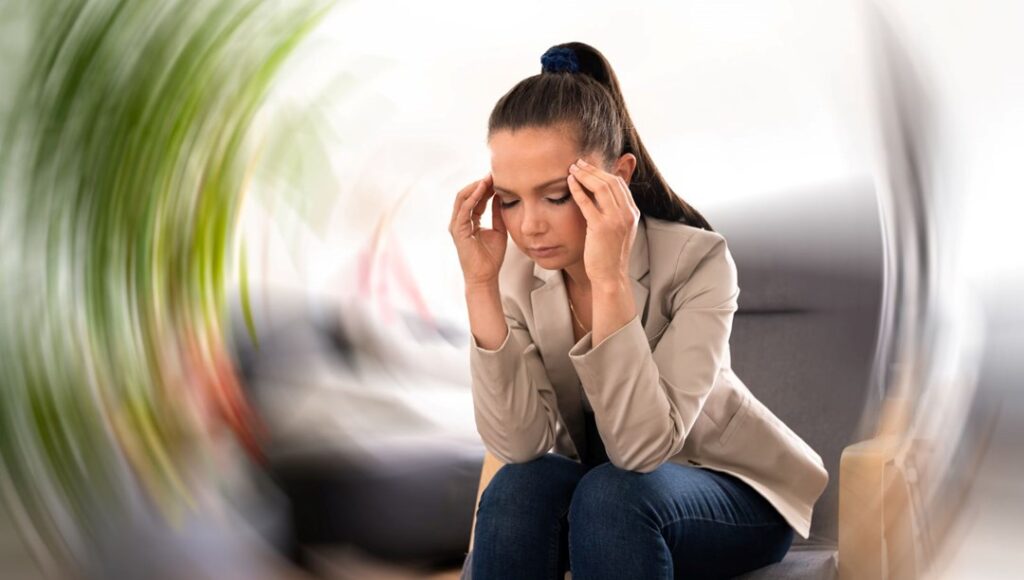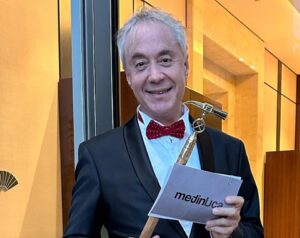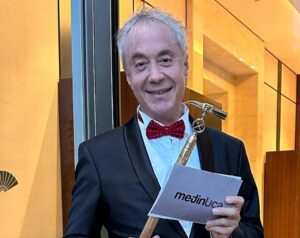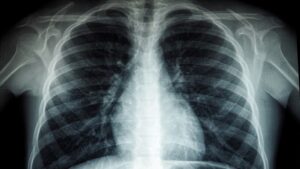[ad_1]
Vertigo, dizziness It is a Latin word meaning Its origin is ‘vertere’, i.e. ‘turning’, and it is a medical term used to describe situations in which the patient feels that he or his surroundings are spinning.
Vertigo a illness It is not a name, it is a symptom such as a headache or tinnitus, that is, a disease marker. There may be many diseases underlying the vertigo symptom. In addition to outer, middle and inner ear diseases, vertigo picture may occur in diseases related to the central nervous system, cardiovascular system or metabolism.
Vertigo, which is seen in 5 to 10 out of every 100 people in the society, does not allow the activities of daily life to be carried out, and therefore the number of patients with vertigo who apply to both outpatient clinics and emergency services reaches significant figures. Revealing the underlying pathology of vertigo requires a multidisciplinary approach and comprehensive examinations.
WHAT ARE THE SYMPTOMS OF VERTIGO?
The first symptom of peripheral vertigo is dizziness. Patients describe this dizziness as a spinning that awakens them even while sleeping at night. Patients state that the dizziness subsides when the head is fixed, but the dizziness recurs when the head moves.
Very light head movements; Actions such as looking up and down, bending over, turning to the right or left in bed cause short-term dizziness. This situation continues throughout the day. Tinnitus and nausea may accompany vertigo. If speech difficulties, headaches, and loss of consciousness are seen with vertigo, a doctor should be consulted without delay.
In the vertigo type called Menier’s disease, the dizziness does not last for a short time. Meniere’s disease; It occurs with an increase in pressure due to an increase in the fluid called endolymph in the balance channels of the ear. A very severe vertigo is seen in Menier’s disease.
Vertigo occurs in attacks. In addition to dizziness, nausea and vomiting complaints are also very common in patients. Fullness, humming and ringing in the ear are especially seen. Typical symptoms of Menier’s disease are ringing and fullness in the ear, humming and hearing loss. In peripheral vertigo types, the diagnosis can be determined according to these symptoms.

WHAT CAUSES VERTIGO?
Vertigo is mainly caused by diseases of the central nervous system and inner ear. Benign paroxysmal positional vertigo (BPPV) is the most common type of vertigo. In this type of vertigo, severe dizziness is seen, which lasts for 15 seconds or a few minutes, usually following the movement of the head. It can occur as a result of shaking the head back and forth or rolling in bed. It is usually seen in the elderly. Respiratory diseases and reduced blood flow to the head area can lead to this condition. Although the findings are disturbing, BPPV is a benign condition. It usually does not require treatment. Vertigo should not be confused with classic headaches or depression. For example, a person who is not satisfied with his appearance may think about how much hair transplantation is done or whether I am suitable for hair transplantation.
It can occur as a result of inflammation of the inner ear called vertigo labyrinthitis and vestibular neuritis. The causative agent is usually viruses. The most common agents are influenza, measles, rubella, herpes, mumps, polio, hepatitis and EBV viruses. Hearing loss may be accompanied by dizziness.
Another disease in which vertigo is seen is Meniere’s disease. In addition to vertigo symptoms, tinnitus and hearing loss are seen in Meniere’s disease. Meniere’s disease progresses in the form of attacks and remission periods. Although the cause of the disease is not known exactly, head trauma, viruses, heredity and allergies are among the causes.
-Nörino acoustics, It is a kind of tumor of the nervous tissue of the inner ear. With vertigo, tinnitus and hearing loss occur.
Vertigo can also occur as a result of occlusion of cerebral vessels or cerebral hemorrhage. Another disease in which vertigo is seen is multiple sclerosis (MS).
Vertigo may occur after head trauma and neck injuries. Diabetes, low blood sugar, anxiety and panic disorder are other causes of vertigo.
VERTIGO TANISI NASIL KONUR?
Peripheral vertigo is diagnosed as a result of the patient’s detailed history and physical examination. The gait of the patient who comes with the complaint of dizziness is checked. There are certain types of gait to be considered. If the patients’ dizziness is accompanied by neurological findings such as numbness and tingling in the hands and arms, they should be referred to the Neurology Department.
Dix Hallpike testi:
It is positioned by observing the involuntary eye movement that occurs when the patient’s head is turned 45 degrees to the side, then tilted back and the head is hung down approximately 30 degrees. In the eye, the movement called spontaneous throwing, spontaneous throwing is followed. If this is observed in the patient, it can be determined that this is an ear-related dizziness. In addition, the Roll (spin rolling) test also helps in diagnosis.

HOW IS VERTIGO TREATED?
During the vertigo examination, the cause of the disease is found and treatment is applied. The patient can be referred to neurology in cases of brain origin, and to psychiatry if there are psychological conditions such as stress.
Vertigo is a disease that can be treated with various movements, medications, and surgical interventions depending on the underlying cause. In some cases, results can be obtained even with just rest. It is decided how to proceed with the physical examination, tests or patient history for the treatment of vertigo. Vertigo, which occurs as a result of impact or injury, can heal spontaneously if there is no other underlying disease.
If there is another underlying disease, it should be treated first. For example, vertigo may occur due to an acute ear infection. For this, antibiotic treatment or other treatments are applied as recommended by the doctor. Thus, when the infection heals, the vertigo will also disappear.
Similarly, if there is any problem in the cerebral vessels or the brain, vertigo will be cured when this problem is eliminated with medication or surgical treatment. In tumor-related dizziness, the treatment is surgical removal of the tumor.
One of the most common causes of vertigo is Meniere’s disease. In the treatment of vertigo caused by Meniere, drug therapy for this disease and a salt and caffeine-free diet are applied.
BPPV can be treated with the Epley Maneuver, which aims to replace the crystals in the inner ear with some head movements. Complete recovery can be achieved by repeating the Epley Maneuver at intervals that the doctor deems appropriate. However, the movements should not be done by the patient himself, but under the control of a doctor. In addition, symptomatic medication can be used to prevent situations such as nausea and vomiting due to dizziness.
WHAT SHOULD PEOPLE WITH VERTIGO CONSIDER?
Sleep pattern should be at the top of the elements that those with vertigo should pay attention to. Irregular and insufficient sleep invites people to rest and many diseases, including vertigo. Everyone should pay attention to regular and adequate sleep.
Stress should be avoided, that is, the factors that cause stress should be removed from the person’s life. It is important to stay away from stress, as excessive stress also negatively affects the immune system.
It is possible to be protected from many diseases related to vertigo with a strong immune system. For this reason, healthy and fresh foods should be consumed, excessive salty, oily and processed foods should be avoided. Having normal levels of vitamins and minerals, especially vitamin D, also ensures a strong immunity.
After vertigo treatment, active sports and sudden movements should be avoided. Drink plenty of fluids, avoid caffeine-containing foods and drinks such as coffee, cola and chocolate, and stop smoking.
Follow NTV on social media
[ad_2]
Source link






